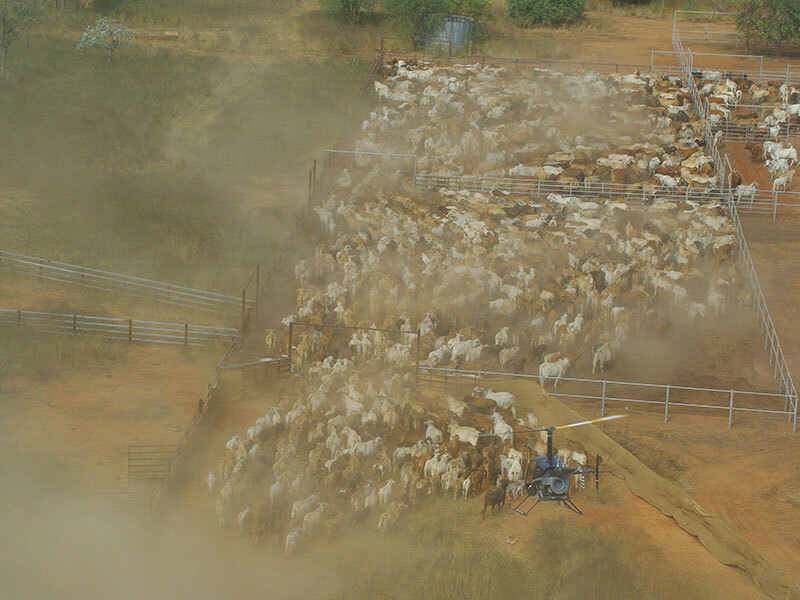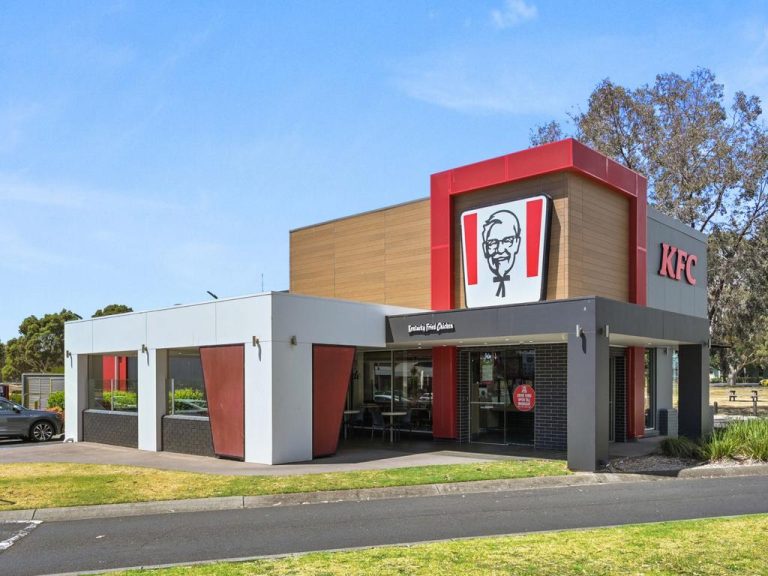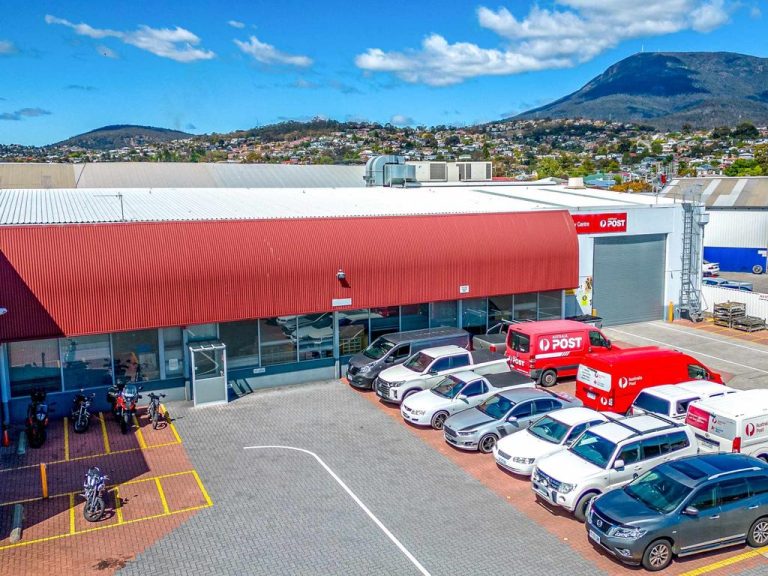Aussie families are competing with investors to buy back the farm

Australian farming families have been snapping up huge cattle stations and prime agricultural properties, challenging the dominance of large investors.
A number of substantial farms and cattle stations worth tens of millions of dollars have changed hands this year, bought by Australian families taking advantage of low interest rates and strong commodity prices.
Property services firm JLL said high-net-worth families are increasingly competing with institutional investors for agricultural land, marking a shift after a decade of dominance by companies and institutions.

Huge cattle stations have been bought by large Australian farming families this year. Picture: Ray White
“Established families have amassed significant wealth over multiple generations and are now aggressively acquiring assets across numerous agricultural sectors and levels of value, undeterred by COVID-19,” JLL agribusiness director Chris Holgar said.
REA Group chief economist Nerida Conisbee said there has been strong interest in agricultural properties during the coronavirus pandemic and recession.
“It’s not all COVID-related, it’s also been driven by the breaking of the drought and by a growing institutional interest in farming properties,” Ms Conisbee said.
“It has become a far more sophisticated asset class over the years.
“Australian agriculture has become far more concentrated in terms of ownership, so you’ve got few owners owning more properties and that’s partly driven by all this foreign money that’s come in to buy it.”
Families behind large cattle station buys
The McMillan Pastoral Company, run by Queensland’s McMillan family, bought the Wollogorang and Wentworth cattle stations on the Northern Territory/Queensland border from a Chinese billionaire for $53 million in April.
TBG Agri Holdings, the Australian subsidiary of businessman Xingfa Ma’s Tianma Bearing Group, purchased the 705,000-hectare property in 2015 but put it on the market last year to focus on its cattle stations in Western Australia.

The McMillan Pastoral Company bought NT’s 705,000-hectare Wollogorang and Wentworth stations and its 30,000 head of cattle. Picture: Ray White
Ray White Rural Queensland principal Bruce Douglas, who sold the property with Ray White Rural Katherine principal Wayne Bean, said there was interest from a couple of overseas parties in Wollogorang and Wentworth stations, but it mainly involved larger Australian family companies.
The strong cattle market and record low interest rates were driving the strong family activity.
“It’s because of the high cattle prices and the low interest rates – it’s a perfect area really at the moment,” Mr Douglas said.
Mr Douglas and Ray White Longreach principal Bill Seeney sold the 97,500-hectare Nardoo cattle station in Queensland in an online auction in September for $35 million, the highest under the hammer price across the real estate group this year amid record high agricultural land prices in many regions.
The property had never been placed on the open market before and was bought by the Daniels family, a local grazier family.

Queensland’s Nardoo cattle station was bought by a local Cloncurry grazier family. Picture: Ray White
Mr Douglas said cattle properties in the area north of Cloncurry were very tightly held.
“That’s why it attracted so much interest. It was really family property ownerships who were looking at it.”
JLL said the $70 million sale of the NT’s Tanumbirini and Forrest Hill cattle stations in January reflected the shift to private buyers.
JLL and Colliers International sold the 559,370-hectare property on behalf of Thames Pastoral Company, owned by a fund run by UK-based asset manager Insight Investment.
It was reportedly sold to the Sydney-based Langenhoven family’s Rallen Australia, a company that owns three other NT cattle stations and is backed by South African businessman Giovanni Ravazzotti.

The sale of Tanumbirini and Forrest Hill Stations in the NT reflects a shift to private buyers. Picture: realcommercial.com.au/sold
Strong competition for agricultural land
Blue-chip cotton enterprise the Parkdale Aggregation, located in Goondiwindi on the NSW/Queensland border, was sold in August to an interstate family after being held in one family for a century.
JLL agribusiness director Clayton Smith, who sold Parkdale off-market with Nutrien Harcourts’ Andrew Jakins, said more than 40 parties showed interest and there were eight formal offers. “We had interest from every sector with offers coming from both corporate and private domestic sectors,” Mr Smith said.
JLL said the strength of demand for agribusiness across a range of industries highlighted the competitiveness in the market between family, corporate and institutional investors to buy medium-to-large-scale assets.
“It is clear that motivated vendors have not been deterred by the developing COVID-19 situation and well-capitalised investors are actively pursuing opportunities to acquire high-quality assets across a broad spectrum of sectors and levels of value,” Mr Holgar said.
“What has been significant is that local buyers continue to be represented strongly in the current market. This sends a compelling message as to how sustainable the rural industry is, despite the challenges associated with the current production environment.”
Local farming families outbid corporate and institutional buyers and Australian and international investors for a portfolio of seven oilseed and cereal production farms in a tightly-held area of southern NSW in late October.
Inglis Rural Property said the expression of interest campaign for the 4,714-hectare Southern Riverina Aggregation generated more than 170 enquiries and 35 inspections of the farms in Henty, Culcairn and and Walbundrie.
“We were overwhelmed by the demand for these holdings and while the opportunity to secure a large portfolio in these regions was attractive to the corporate investment groups, the local farming families were the most competitive with the entire aggregation being sold to local farming families,” Inglis sales manager Sam Triggs said.
Westchester Group of Australia, which manages farmland investments for US pension fund giant TIAA, owned the properties for almost 12 years, leasing the farms to local family farmers.

Local farming families were the strongest bidders for seven oilseed and cereal production farms in southern NSW. Picture: realestate.com.au/buy
Westchester CEO Matt Bull said the sale proved institutional capital and local farms could successfully work together.
“Although this land has been foreign owned for over 10 years, our organisation is delighted to be returning the title deeds to local family farmers,” Mr Bull said.
“This sale outcome highlights the strength of Australian farmland as an asset class, particularly during the COVID-19 pandemic and in a current volatile economic environment.
“Rural property is widely considered a defensive/safe asset class and it is becoming increasingly popular within institutional investment portfolios due to its negative correlation to other traditional asset classes.”
In late October, Australian agricultural fund manager Laguna Bay Pastoral Company agreed to sell the historic Banongill Station in Victoria’s western district to a consortium of local farming families for $80 million in a directly-negotiated deal.
Queensland-based Laguna Bay, which invests on behalf of global institutional investors including US pension manager Washington State Investment Board, had upgraded the cropping and livestock holding after buying the 8200-hectare Skipton property in 2016.
“This sale solidifies a significant return for our fund investors and reflects the resilience of the agricultural sector in contrast to the crippling impacts we are seeing in other sectors of the economy,” Laguna Bay founder and CEO Tim McGavin said.
Foreign and institutional interest continues
JLL said the Australian agricultural sector had attracted a flood of corporate and foreign institutional capital over the past decade, which had helped with investment in new technology and driving efficiencies.
Much of the institutional investment has come from overseas pension or superannuation funds, with investors viewing Australian agriculture as a relatively safe asset class and attractive alternative investment.
The latest official data showed the total area of agricultural land in Australia with a level of foreign interest fell to 52.1 million hectares as at June 30, 2019, from 52.6 million hectares a year earlier.
The level of foreign interest had remained relatively stable between 2015 and 2019, when it stood at 13.8%.

An Australian family bought the NT’s Wollogorang and Wentworth cattle stations back from a Chinese billionaire. Picture: Ray White
Mr Douglas said there was still foreign and institutional interest in agricultural properties in Queensland and the NT, the markets he worked in, but the overseas interest had dropped off in the past 12 months.
Temporary changes introduced in March requiring Foreign Investment Review Board approval for all proposed foreign investments into Australia, regardless of their value, were having an impact.
“With that new ruling now that it could take six months for them to get through FIRB approval, that’s made a big difference for sure,” Mr Douglas said.
Mr Douglas said private families could take a longer generational view when buying farming properties and could also act faster, as they did not have to go through a corporate structure or seek board or FIRB approval.
JLL noted COVID-19 travel restrictions were impacting overseas buyers’ ability to view properties to carry out due diligence, which along with adjustments in their portfolio pricing due to the economic downturn were believed to be slowing down their purchasing decisions.
COVID boosts appeal of farms, big and small
JLL said the long-term fundamentals of the Australian agricultural property market were drawing a relatively strong level of demand, despite the uncertainty COVID-19 had caused in global investment markets.
At the more affordable end of the market, buyer interest in rural and agricultural properties surged in the early stages of the coronavirus crisis.
Searches for commercial farming on realcommercial.com.au have continued to outrank other asset classes.
Ms Conisbee said farming was viewed as a relatively safe option during COVID.
“We still need food, we’re still exporting, there’s still a lot of interest because it is a relatively strong sector in an economy where there is a lot of weakness,” she said.







